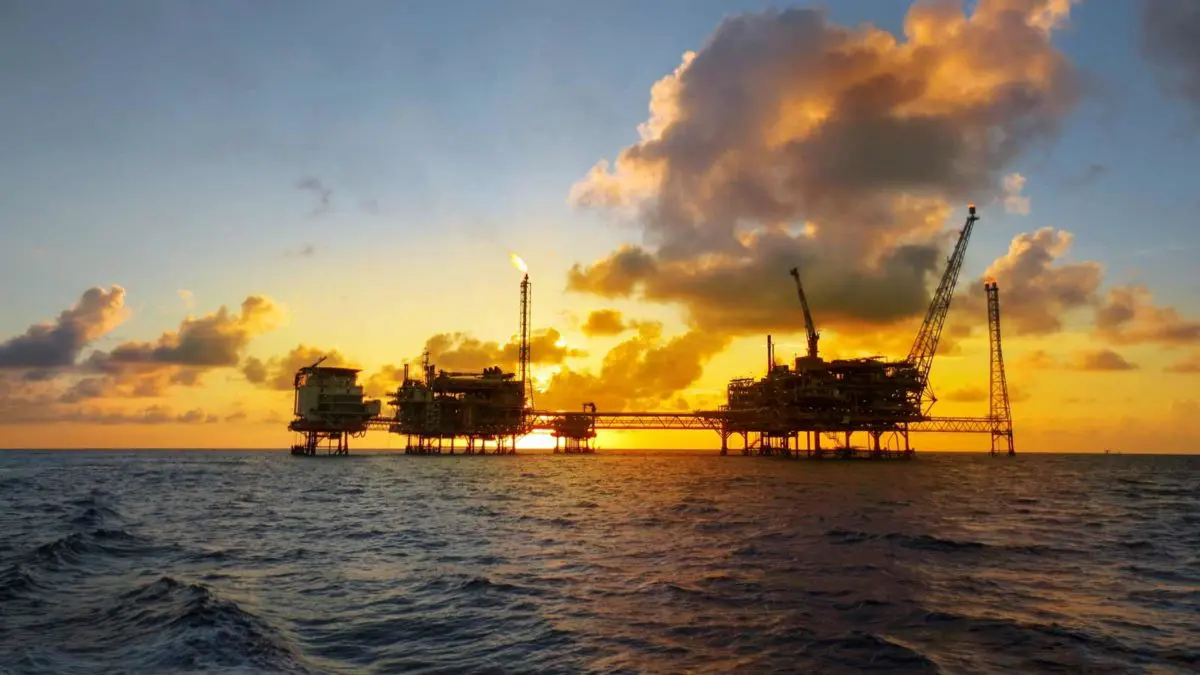Australia’s fossil fuel companies have begun detailing the extent of their substantially enlarged profits as coal, oil and gas producers cash in on a global energy “crisis” that has sent consumer prices surging.
The revelations show that the sky high prices at the petrol pump and in the home are not just the result of higher production costs. Some fossil fuel companies are doubling or trebling their margins as they seize on the opportunity to boost their coffers.
On Thursday, Australia’s largest pure-play oil and gas producer, Woodside, announced a 44 per cent jump in revenues over the second quarter of 2022, and had secured an average price for its oil and gas production of $95 per barrel of oil equivalent.
This is a substantial jump on the $75 per barrel price that Woodside secured for the same period a year prior.
Joining in on the massive windfall profits, Santos announced on Thursday that it achieved a massive 85 per cent jump in revenues for the first half of the year – surging to $3.8 billion – despite just a mere 9 per cent increase in oil and gas production.
It contributed to a 199 per cent increase in Santos’ free cash flow, with as much as $1.7 billion set to flow through to the company’s gross profits.
The surge in oil and gas costs has not harmed Australia’s fuel retailers, with both Ampol and Viva Energy, the country’s only operators of domestic fuel refineries as well as many of Australia’s petrol stations – reporting highly inflated retailer margins over the last quarter.
Viva Energy reported that the refining margin at its Geelong plant increased nearly five-fold over the last year, averaging US$30 per barrel over Q2 2022, compared to just $6.60 per barrel in the first half of 2021.
Ampol reported the recovery of travel following the lifting of Covid pandemic restrictions and low inventory levels had “coincided with the global supply shock caused by Russian sanctions” and had contributed to an increase of its own refining margins to an “unprecedented level”.
The increase in margins for the fuel producers occurs at a time when consumers face unprecedented pump prices for petrol, which now regularly sit at around $2 per litre, despite a temporary halving of the federal fuel excise levy.
It’s not just oil and gas producers that are profiteering from the impacts of the Russian invasion of Ukraine that has significantly disrupted global supplies of fossil fuels.
Coal producers are also revelling in record prices.
Earlier this month, Whitehaven Coal announced that it received a “record” average price for coal over the second quarter in 2022, receiving a massive $514 per tonne – a price that is more than five times the price it received just a year prior.
It led Whitehaven to forecast an EBITDA of $3 billion for the financial year ending June 2022, its “strongest ever full year result” and a massive jump compared to the $200 million EBITDA it reported for the 2021 financial year.
The results have led to calls for the introduction of a “windfall profits” tax on Australia’s fossil fuel production to ensure the surge in the value of Australia’s coal and gas reserves benefits the broader community.
Former treasury secretary Ken Henry called for such a tax to be imposed on Australia’s gas producers, arguing that it would have flow-on benefits for domestic energy costs by helping to suppress prices.
The call was backed by Novel prize-winning economist Joseph Stiglitz, who is currently touring Australia.
“It makes a great deal of sense at this current juncture. It’s not as if the energy companies did anything to deserve it,” Stiglitz told reporters.
“It was Putin who engaged in that reckless action, so why should the energy companies be rewarded?”
Federal treasurer Jim Chalmers has effectively ruled out the imposition of a new windfall profits tax, saying it “is not something that we are considering”.










